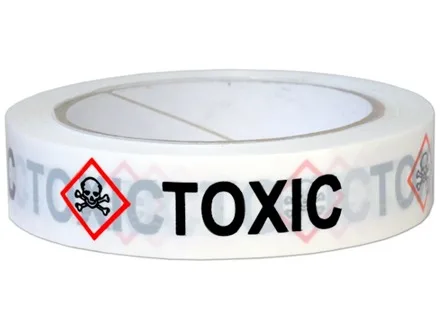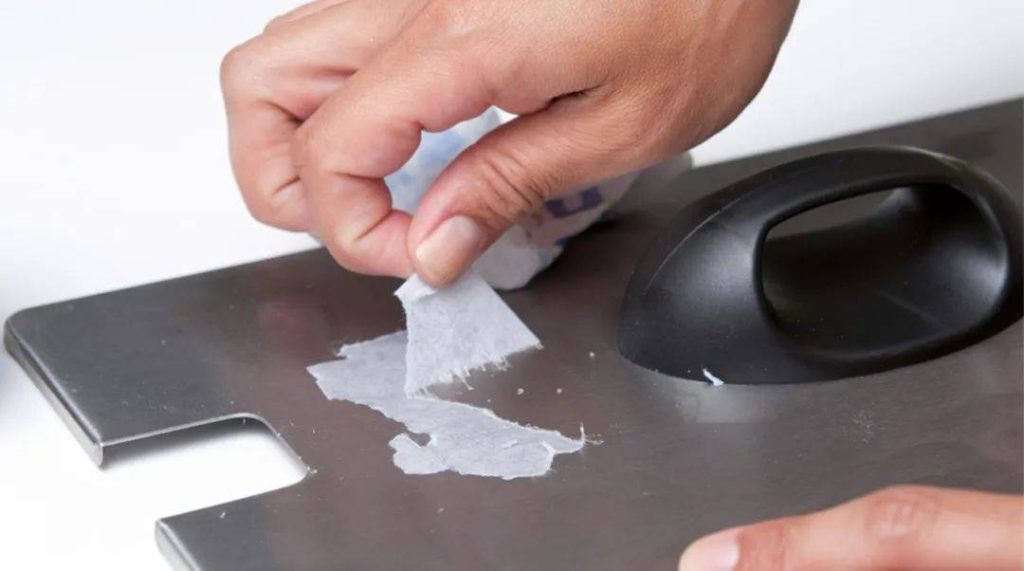Did you know that the adhesive materials used in your car can significantly impact both health and the environment? As the automotive industry shifts towards more sustainable practices, the emphasis on low VOCs (Volatile Organic Compounds) adhesive tape is becoming increasingly important. In this article, we will explore the advantages of low VOCs car adhesive tape, the science behind its effectiveness, and how it plays a pivotal role in creating safer, cleaner vehicles for everyone.
The Importance of Low VOCs Adhesives in Automotive Applications
The automotive industry has historically faced scrutiny for its environmental impact, especially concerning emissions. While addressing vehicle fuel efficiency is crucial, the materials used in manufacturing can also contribute significantly to overall eco-friendliness. Conventional adhesive tapes often contain high levels of VOCs, which can release harmful fumes into the atmosphere. In contrast, low VOCs car adhesive tape minimizes these emissions, leading to better indoor air quality and reducing the carbon footprint associated with vehicle production.
According to research from the Environmental Protection Agency (EPA), VOCs can contribute to smog formation and have various health impacts, including respiratory illnesses and neurological issues. By transitioning to low VOCs materials, manufacturers can actively protect their employees and consumers alike from these harmful exposures.

Enhancing Vehicle Safety and Quality
Low VOCs car adhesive tape supports the bonding of key vehicle components without compromising safety or performance. As consumer awareness of health and environmental issues grows, automotive companies are feeling the pressure to adopt adhesives that align with these values.
A study from the National Institute of Health (NIH) highlights that toxic materials in vehicles can lead to significant long-term health problems. Therefore, the switch to low VOCs adhesives not only enhances product safety but also helps manufacturers meet increasing consumer demand for healthier products. For example, many European and American assembly lines are phasing out materials like asphalt, historically used in parts such as shock absorbers, due to their inherent toxicity.
Low VOCs Car Adhesive Tape: A Game Changer in Production
Most assembly lines are transitioning towards low VOCs car adhesive tape, recognizing its multi-faceted benefits. Here are some key advantages:
1. Health and Environmental Benefits
Switching to low VOCs materials significantly reduces potential health risks for workers and consumers alike. Studies suggest that environments with high levels of VOCs can cause immediate symptoms, including headaches and irritations. By reducing these substances in automotive manufacturing, companies can ensure a healthier workplace and a safer product.
2. Performance Robustness
Low VOCs car adhesive tape maintains excellent bonding characteristics. These advanced adhesives utilize eco-friendly acrylics that adhere strongly to various substrates, such as foams, rubbers, and textiles. They exhibit high initial bond strength and can endure demanding conditions without compromising performance.
3. Cost-Effectiveness
Adopting low VOCs adhesive materials doesn’t have to mean higher costs. Manufacturers can achieve ethical production goals without incurring significant expense increases. In fact, the careful application of low VOCs tape can streamline manufacturing processes, reducing time and resource waste. This dual advantage helps manufacturers remain competitive while embracing more responsible practices.
4. Compliance with Regulatory Standards
Many countries have begun instituting stricter regulations concerning the types of materials used in automotive manufacturing. By implementing low VOCs alternatives now, manufacturers prepare themselves for future compliance while positioning themselves as industry leaders in sustainability.
Related article: Car adhesvie tape for interior trim.
The Transition to Low VOCs in Global Markets
While low VOCs car adhesive tape is well-established in Western markets, challenges remain in developing regions, where traditional adhesives and materials like asphalt are still prevalent.
As this situation evolves, awareness of the associated health risks tied to these older materials will likely rise. The emergence of ethical concerns around automotive manufacturing may prompt regulatory changes that necessitate safe materials. Therefore, it is essential for manufacturers to make proactive adjustments in their sourcing and application of materials before the regulatory landscape shifts.
Furthermore, the shift to low VOCs materials in automotive production contributes positively to corporate reputation. Transparency in material safety and environmental impact can attract conscientious customers looking for brands that align with their values.
Conclusion
In summary, low VOCs car adhesive tape symbolizes a significant advancement in automotive manufacturing. By prioritizing health, performance, and environmental responsibility, manufacturers can innovate without compromising quality. With over 15 years of experience, Fonitaniya Tape Companies specializes in providing high-quality low VOCs car adhesive tape designed for contemporary automotive applications. We are committed to delivering sustainable solutions that not only elevate product standards but also protect the health of consumers and workers alike.
FAQs
What is low VOCs adhesive tape?
Low VOCs adhesive tape is designed to minimize volatile organic compounds, enhancing safety and environmental standards.
Why is low VOCs important for automotive manufacturing?
Low VOCs adhesives reduce harmful emissions, making vehicle production safer for workers and consumers.
Can I use low VOCs car adhesive tape for any vehicle component?
Yes, low VOCs car adhesive tape can securely bond various automotive components, including fabrics and foams.
How does low VOCs adhesive tape affect vehicle longevity?
By providing strong bonds without harmful substances, low VOCs adhesive tape can enhance durability and long-term performance.
Are low VOCs adhesives more expensive than traditional adhesives?
No, low VOCs adhesives can often be cost-effective, providing sustainable solutions without significantly increasing production costs.




